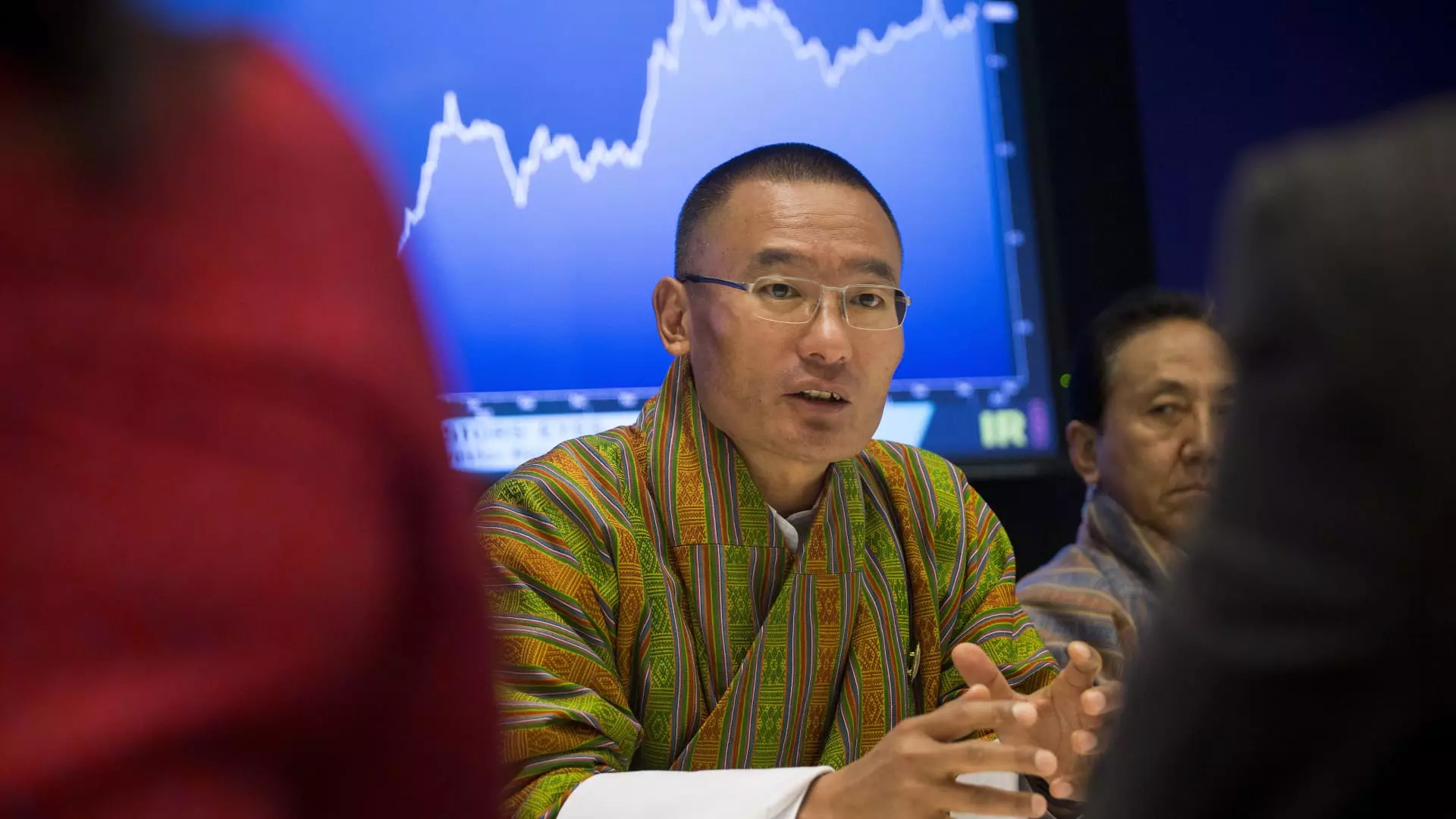Bhutan’s Prime Minister Tshering Tobgay recently mentioned in an interview with CNBC that the country may reconsider its current $100 daily tourism fees if the tourism industry recovers in the near future. However, he also hinted that the fees could potentially be raised even higher. This comes after Bhutan reopened its borders in September 2022 with an increased “Sustainable Development Fee” of $200 per person per day, which was subsequently lowered in 2023 to attract more travelers to stay longer in the country.
The current daily fee, standing at $100 for adults and $50 for children aged six to twelve, is being labeled as a “time-limited incentive” valid until Aug. 31, 2027, according to Bhutan’s Department of Immigration. Tobgay emphasized the possibility of changing the fee amount before the specified date, especially if the demand for tourism in Bhutan continues to grow and outpaces the country’s capacity to accommodate visitors.
The slower recovery rate of Bhutan’s tourism industry in comparison to other Asian countries has been noted by Tobgay, who remains optimistic about the future. He believes that a targeted marketing approach showcasing what Bhutan has to offer will lead to a surge in visitors to the country. Bhutan’s goal is to attract 300,000 tourist arrivals annually, with half of them coming from “third countries” and consisting of “dollar-paying visitors,” as outlined in a manifesto from Tobgay’s People’s Democratic Party.
Before the Covid-19 pandemic led to the closure of Bhutan’s borders in March 2020, travelers were required to pay a daily package rate starting at $200 per day, which included hotel, transportation, tour guide costs, and a mandatory $65 Sustainable Development Fee. The current $100 Sustainable Development Fee is now an additional cost on top of other expenses, causing some confusion among tourists. Nevertheless, Tobgay remains confident that the $100 rate will aid Bhutan in achieving its recovery objectives swiftly.
Balance between Fees and Sustainability
Tobgay highlighted that many tourists are willing to pay the $200 per day sustainable development fee, particularly when they learn that the proceeds are utilized to protect Bhutan’s natural environment and to provide free education and healthcare to its citizens. He emphasized that most tourists are pleased to contribute in a meaningful way towards the sustainable development of Bhutan.
Bhutan’s tourism industry is at a critical juncture, with decisions regarding fees and sustainability playing a pivotal role in shaping its future. As the country aims to strike a balance between attracting tourists and preserving its unique cultural and environmental heritage, the coming years will be crucial in determining the trajectory of Bhutan’s tourism sector. Only time will tell whether the adjustments in fees and policies will lead to a sustainable and prosperous future for Bhutan as a premier travel destination in the region.


Leave a Reply